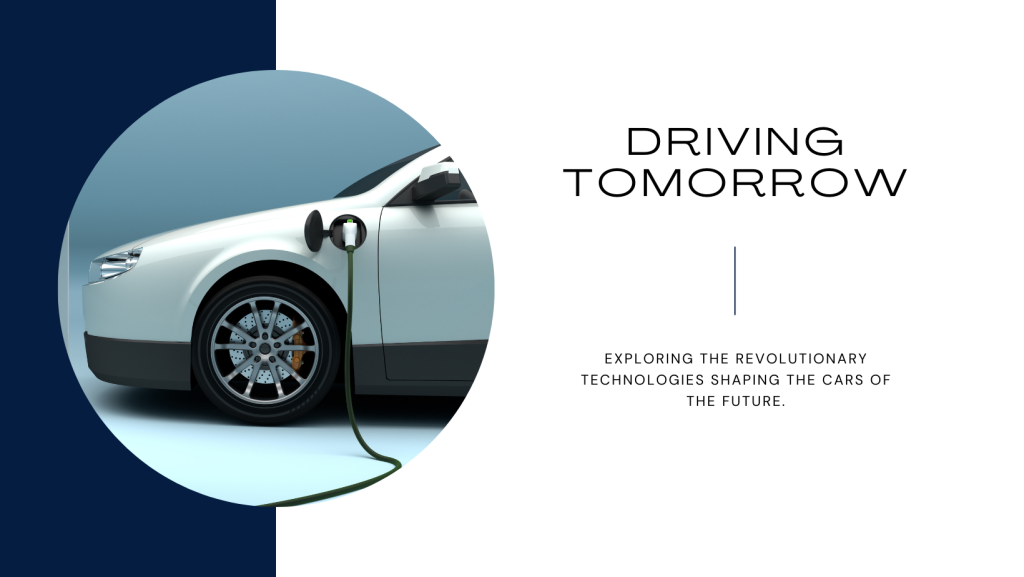The automotive industry is undergoing a profound transformation driven by advancements in technology, environmental concerns, and shifting consumer preferences. From electric vehicles to autonomous driving systems, a wave of revolutionary technologies is reshaping the cars of the future, promising safer, greener, and more connected transportation solutions.
Electric vehicles (EVs) have emerged as one of the most significant trends shaping the future of mobility. With advancements in battery technology, EVs offer clean and sustainable alternatives to traditional internal combustion engine vehicles, reducing greenhouse gas emissions and dependence on fossil fuels. Companies like Tesla, Nissan, and BMW are leading the charge in the EV market, offering a range of electric vehicles with impressive performance, range, and charging infrastructure.
Furthermore, autonomous driving technology is revolutionizing the way we think about transportation. From advanced driver assistance systems (ADAS) to fully autonomous vehicles, these technologies are promising to enhance safety, efficiency, and convenience on the roads. Companies like Waymo, Uber, and General Motors are investing heavily in the development of autonomous vehicles, leveraging artificial intelligence, sensors, and data analytics to navigate complex driving scenarios and reduce the risk of accidents.
Moreover, connectivity is becoming increasingly important in the cars of the future. With the advent of the Internet of Things (IoT) and 5G technology, vehicles are becoming more connected than ever, enabling seamless communication between cars, infrastructure, and smart devices. Connected cars can provide real-time traffic updates, predictive maintenance alerts, and personalized entertainment options, enhancing the overall driving experience and improving efficiency.
Additionally, sustainability is a key focus for the cars of the future. From lightweight materials to renewable energy sources, automakers are exploring innovative ways to reduce the environmental impact of vehicle manufacturing and operation. Concepts like hydrogen fuel cell vehicles and sustainable biofuels offer promising alternatives to traditional gasoline and diesel-powered cars, furthering the industry’s commitment to environmental stewardship.
In conclusion, the cars of the future are being shaped by revolutionary technologies that promise to transform the way we drive, commute, and interact with our vehicles. From electric powertrains to autonomous driving systems and connected capabilities, these advancements are driving innovation and paving the way for a more sustainable, efficient, and enjoyable future of mobility. As technology continues to evolve, we can expect even more exciting developments in the automotive industry, driving us towards a brighter and more sustainable future on the roads.

